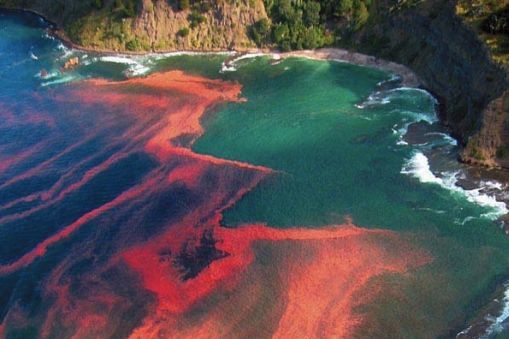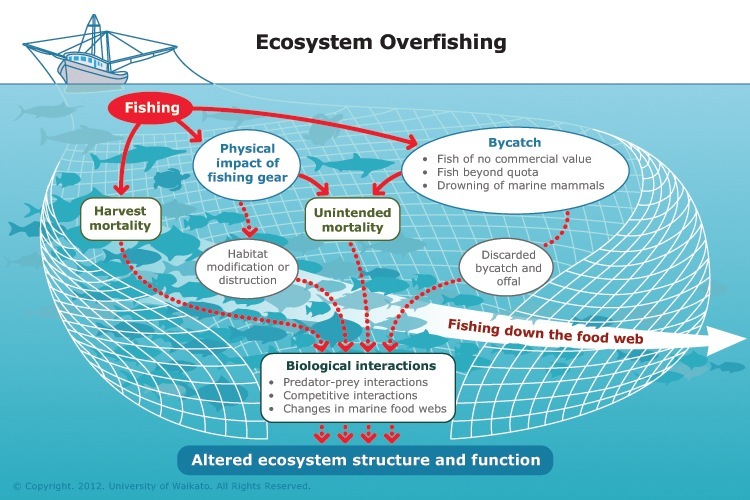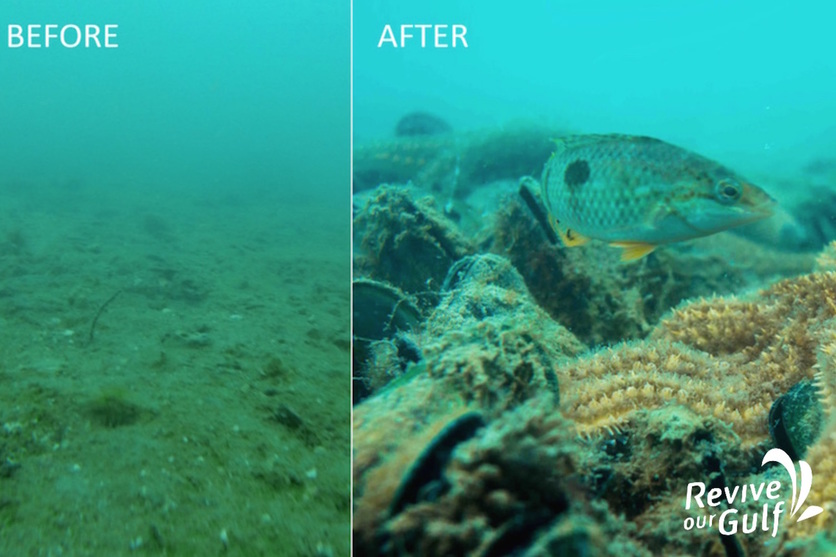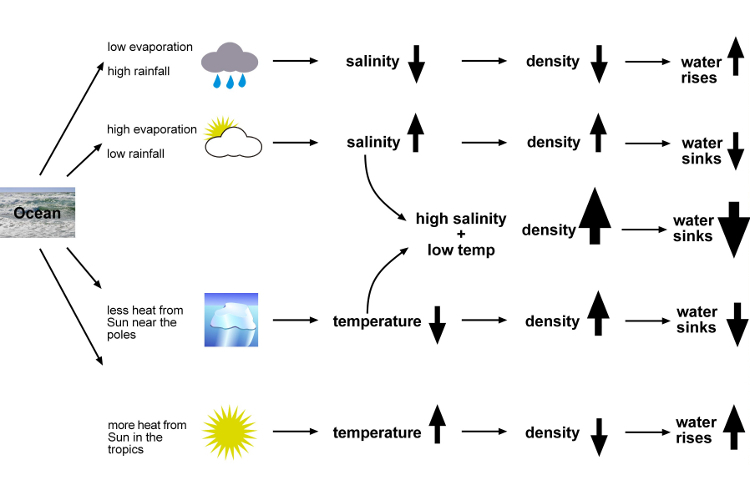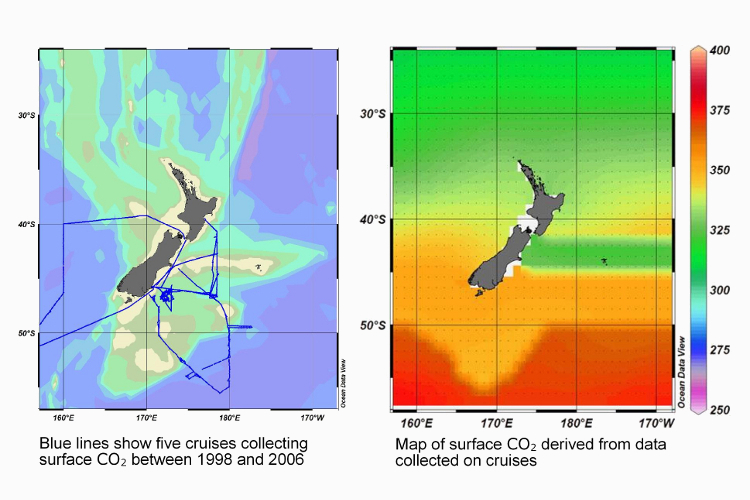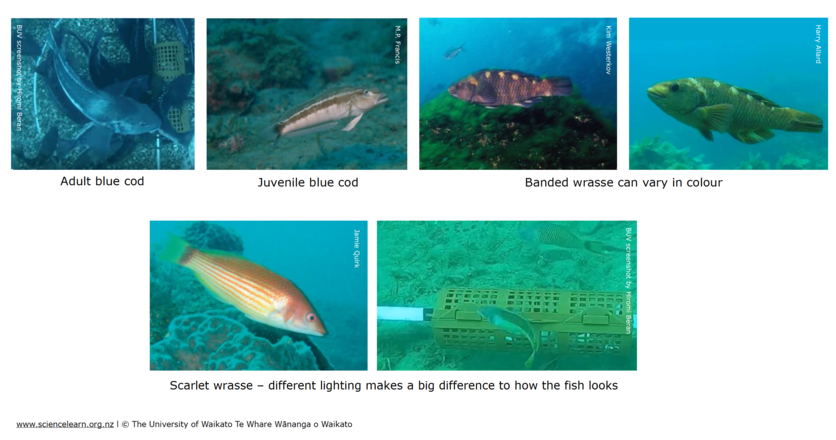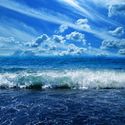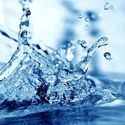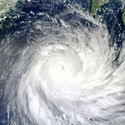Seaweek is New Zealand’s annual national week about the sea. It is coordinated by the Sir Peter Blake Marine Education and Recreation Centre (MERC) and includes a wide range of events, activities, competitions and opportunities for action. It usually runs for a week from the end of February – early March.
Find out more about the next event Seaweek – Kaupapa Moana 2025.
With 75% of New Zealanders living within 10 km of the coast, marine science need not be limited to just 1 week, marine contexts can link to many different science concepts. This resource provides a sample of the Hub's marine resources. Use the Related topics & Concepts tab at the top of a page to find an even wider variety of teaching resources.
Below is a selection of unit plans and other teacher support materials that we have grouped under possible teaching topics.
- Healthy Seas – Healthy People
- Human impacts on the sea
- Habitats and ecosystems
- Mātauranga Māori and the moana
- Sea creatures
- The ocean’s chemical and physical processes
- The ocean and climate change
- Ecosystem services
- Aquaculture
- Department of Conservation marine infographics
- Building Science Concepts
- Teacher support materials
- Literacy links
- Citizen science
Healthy Seas – Healthy People
Articles:
- Kaimoana in the Hauraki Gulf includes the video: Testing for toxins in kaimoana
- Iwi and kaimoana
- Monitoring shellfish
- Restoring mauri after the Rena disaster
- Toxins and food webs
Activities:
- Investigating toxins and bioaccumulation in marine food webs and related interactive: Bioaccumulation in the sea
- Tracking toxins
Human impacts on the sea
Articles:
- Human impacts on the Bay of Plenty
- Human impacts on marine environments
- Ecosystem tipping points and stressors
- Investigating marine and coastal tipping points
- Dynamic Seas
- Fisheries in New Zealand – timeline
Videos:
- Farmland run-off into estuaries
- Our role in ocean acidification
- Precision Seafood Harvesting – Changing the Way New Zealand Fishes
Activities:
- Nutrient impact experiment
- Fisheries role-play
- Modelling marine stressors and tipping points
- Identifying marine stressors
- Environmental thinking and planning with ecosystem-based management (EBM)
Citizen science project: Marine Metre Squared
Habitats and ecosystems
Articles:
- Marine habitats
- Habitats in the Bay of Plenty
- Life on a reef
- Antarctic marine ecosystem
- Adapting to marine habitats
- Young Ocean Explorers episode topics: harbours, kelp
Interactive: Marine ecosystem
Activities:
Mātauranga Māori and the moana
Articles:
- Iwi and kaimoana
- Reviving toheroa (this includes the video Toheroa: Rejuvenating a Delicacy)
- Valuing estuaries
- Protecting estuaries
- Learning from the tangata whenua
- Working together to restore the Ōngātoro/Maketū Estuary
- Love Rimurimu – an ocean of potential for seaweed (includes the interactive Love Rimurimu – planning pathways)
- Sustainable Seas National Science Challenge
- Awhi mai awhi atu – kuku restoration (includes the video Mussel ropes)
- Looking at ecosystem-based management (EBM)
- Building Science Concepts: Life between the tides
- Building Science Concepts: Tidal communities
- Glossary of kupu Māori mō te ara o Hinekirikiri (PDF)
Activities:
- Estuaries – a Māori perspective (includes the video Kaitiakitanga)
- Environmental thinking and planning with ecosystem-based management (EBM)
Sea creatures
Articles:
- Noisy kina
- Crabs finding home
- Plankton
- Bryozoans
- Cockles
- Sea stars (includes 2 interactives: dorsal view and ventral view of sea stars)
- Mussels
- New Zealand’s endemic dolphins
- Whales
- Young Ocean Explorers episode topics: rays, crayfish, orcas, triplefins, Sandager’s wrasse, dolphins, kelp, turtles and sharks
The ocean’s chemical and physical processes
Articles:
Activities:
The ocean and climate change
Articles:
- Carbon dioxide in the ocean
- The ocean and the carbon cycle (includes the video Southern Ocean carbon sink)
- The ocean, CO₂ and climate change – timeline
- Teachers learning and planning together
Student activity: Ocean acidification and eggshells
Ecosystem services
Mussels includes the videos: Revive our Gulf and Mussels filtering water
Aquaculture
Articles:
- Farming green-lipped mussels – introduction
- Extracting bioactives from mussels
- Investigating the native sea cucumber for export
- Sea sponges and rongoā
Department of Conservation marine infographics
The Department of Conservation and the Science Learning Hub have collaborated to create a series of interactives that feature many of DOC’s marine infographics.
- Marine diversity in Aotearoa New Zealand
- New Zealand marine habitats
- Threats to marine habitats
- Areas of marine ecological importance
- Mussel reefs and biodiversity
Building Science Concepts
Building Science Concepts: Life between the tides is a partial replication of Building Science Concepts Book 21:
- Building Science Concepts: Life between the tides – article
- Life between the tides – interactive
- Changes on the beach – activity
Building Science Concepts: Tidal communities is a partial replication of Building Science Concepts Book 22:
- Building Science Concepts: Tidal communities – article
- Tidal communities – interactive
- Beach visits – habitats and food webs – activity
- Māori mō te ara o Hinekirikiri – kuputaka – glossary article
Teacher support materials
Find out more about marine education and Seaweek in these resources below
Online professional development
Are you planning for Seaweek or a marine topic? We have it covered in our recorded professional development webinars:
- Diving into marine resources, join us and Steve Hathaway from Young Ocean Explorers, as we introduce some exciting marine teaching and learning resources.
- Seaweek 2016 focuses on marine content and planning.
- Seaweek 2015 focuses on the nature of science and teacher ideas.
Unit plans
Topic planners: Marine resources – food webs, adaptation, marine habitats, marine biodiversity.
Education research and classroom experiences
Articles:
- Adapting SLH activities: providing another context
- Supplementing SLH activities with other artefacts
Literacy links
These Connected articles provide a brief synopsis of the original jounal article, associated teacher support material and links to the digital resources on TKI. They also provide a wealth of related Hub content and activity ideas – wrap-around resources to deepen or extend student thinking and learning, practise content vocabulary or prompt inquiry.
Citizen science
Using online citizen science opportunities as a way to deepen student learning and engagement is easier than you think.
- Litterati and Litter Intelligence are two citizen science projects that ask people to photograph, geotag and classify litter.
- Marine Metre Squared supports communities to monitor their local seashore. In Sediment and seashores – monitoring Otago Harbour, explore how it was used by another PSP project.
- Use Spyfish Aotearoa to discover, count and identify fish species that live within our marine reserves.
- Floating forests – did you know that kelp forests are one of the most biodiverse habitats on Earth. This citizen science project wants to understand more about how kelp forests grow and change over time.
Useful links
Visit the Seaweek website to find local events, competitions and more.
Visit one or more of the Hub’s Pinterest boards below for more resources:
This classroom module for marine biosecurity is designed for years 5-8 to help them understand the role they play in protecting our coastlines. It is provided in both Google Docs and as printable PDFs so that it's easy for teachers to use. Part 3 uses the Marine Metre Squared project.
Listen to this podcast collaboration between RNZ’s science and environment podcast Our Changing World and New Zealand Geographic, Voice of Tangaroa that explores the state of our oceans.
